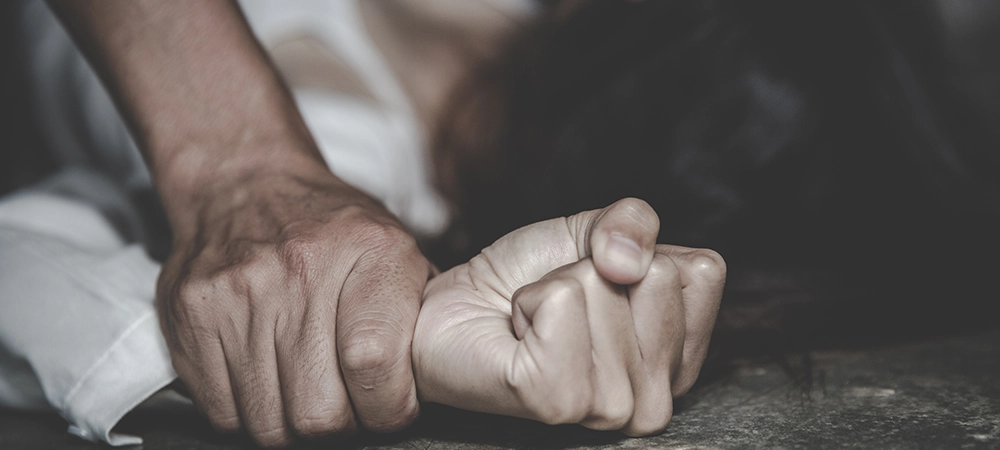Due to its sensitive and overwhelming nature, sexual assault is one of the hardest-to-prove charges in Canada. While the law offers more rights and resources for accusers than ever before, the rights of the accused must be met, too.
A crucial part of making progress in a sexual assault case is gathering and introducing evidence. Here, we’ll discuss the role of evidence in these specific cases from a legal standpoint, highlighting some of the evidentiary challenges that may arise. Let’s get started.
Evidence in Sexual Assault Cases
When most think of evidence in a criminal case, they’ll often only consider physical evidence. However, in court cases, there is a lot more to consider. Non-physical evidence such as witness accounts, expert testimony, and statements can all be crucial.
In sexual assault cases, tangible proof is often much harder to find because the alleged victims report the crime long after the incident. For this reason, testimonies and statements, including from the accuser, witnesses, and the accused, can be used as crucial evidentiary support to prove or disprove an accusation during a sexual assault trial.
Evidence in sexual assault cases can have different roles and significance depending on whether the matter becomes a criminal case or remains a civil one. For example, in civil matters, the accuser’s previous sexual history (such as promiscuous behaviour) can be used to disprove their claim.
In a criminal trial, this type of information isn’t admissible evidence due to Canada’s “rape shield” law. That said, in both cases, the judge will decide which evidence will be allowed in the court and which will not.
Evidentiary Challenges in Sexual Assault Cases
Evidence also plays a role in identifying crucial aspects of the alleged incident, such as consent, credibility, and reliability. At the same time, this can be one of the many challenges the prosecution will face. For example, because the prosecution’s most impactful evidence is the accuser’s testimony, everything around this aspect will be scrutinized, beginning with their credibility.
After suffering a traumatic experience, genuine victims of sexual assault often have trouble recalling details or providing consistent testimony. If their statement at the trial hearing significantly differs from the one they gave to the police when reporting the crime, their credibility may be put into question. This, in turn, can make their testimony inadmissible in court as evidence.
Reliability comes into question not only in the case of testimonies and statements but also with physical proof like forensic evidence, medical reports, etc. How the evidence was collected and analyzed and by whom will determine whether the information can be used in court.
For instance, if it’s determined that a witness or expert who provided the evidence isn’t impartial, the evidence can be determined unreliable.
As a fundamental element in sexual assault cases, consent (or the lack of consent) can influence trial outcomes. Evidence is crucial when proving whether the sexual activity was non-consensual. In most cases, there is only the testimony of the victim and the alleged perpetrator, which is another reason the victim’s credibility is so critical.
However, sometimes further evidence, like witness testimony or even a message or social media post about the incident, can also become evidence. For example, the accused may apologize to the accuser (admitting there was no consent) in writing, which can prove that consent wasn’t given.
Proper evidence can also corroborate whether there was something that impeded the alleged victim from protesting, such as being incapacitated, coerced, or threatened.

Proving a Case
Gathering and processing evidence when a large amount of time has passed since the alleged incident becomes incredibly challenging. For example, if someone was sexually abused as a child but only reports the crime as an adult, the number of years that passed makes it virtually impossible to gather physical evidence.
In these cases, testimonies and statements play an even more crucial role. How much the victim or witnesses can remember can make or break the prosecution’s case against the accused.
Even if the prosecution builds a strong case based on evidence, so can an expert criminal defence. They challenge the process of collecting, processing, storing and transporting evidence and discredit the alleged victim’s statements by proving that these go against logic and common sense.
Criminal defence lawyers often base the foundation of their case on disputing the complainant’s credibility. Any information regarding the relationships between all involved parties can become evidence of a sexual assault.
For example, proving that the alleged victim lied because they harboured strong resentment against the accused can become powerful evidence in the defence’s case. The same applies to evidence of the alleged victim previously falsely accusing someone else of the same crime.
Final Thoughts
Evidence plays a monumental role in sexual assault cases. Both the prosecution and the defence will build their cases on information they can use to support their case. Besides physical evidence, the most powerful evidence will be the victim’s testimony.
This can determine the issue of consent, reliability, and credibility, effectively deciding the course of the case. If you’re in need of expert legal advice, then get in touch with AGP LLP right away. We’ll be happy to give you a free consultation to see how we can help you.






Permalink